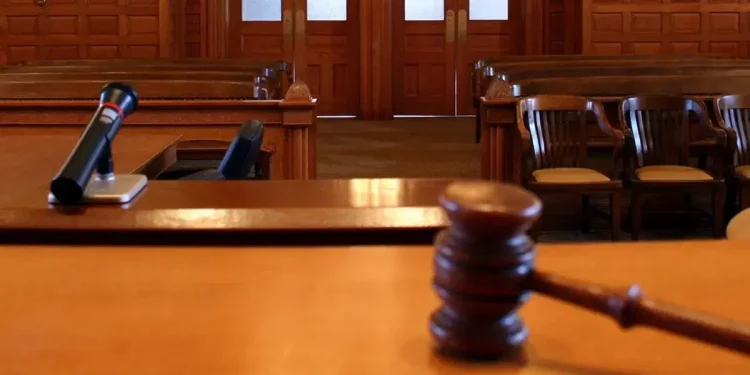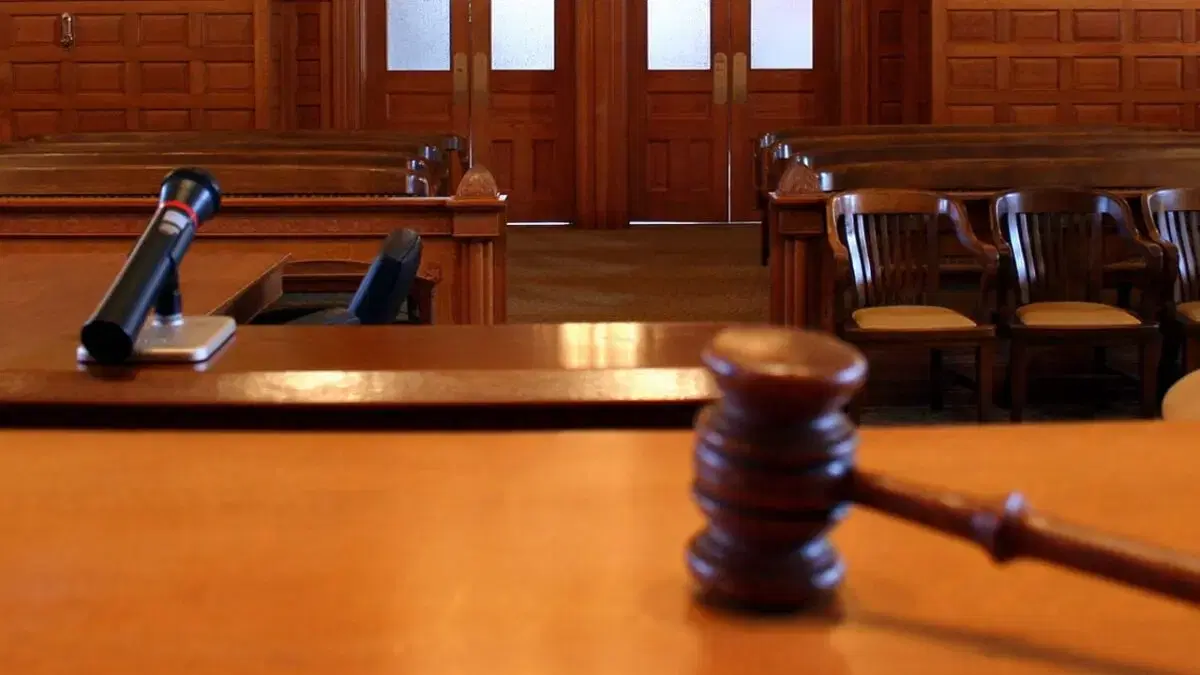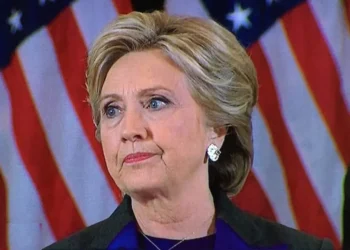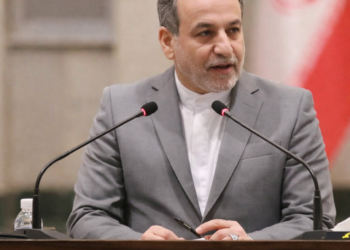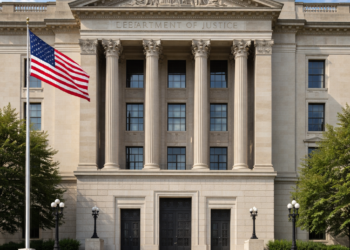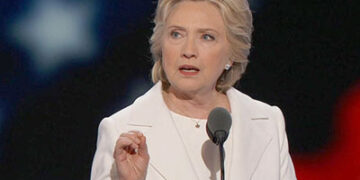Nigeria rejects Canadian court ruling linking parties to terrorism, calling it a reckless move that undermines the country’s democracy. In a statement released in Abuja, the Ministry of Foreign Affairs described the court decision as “erroneous” and demanded that it be withdrawn immediately.
The statement, signed by ministry spokesperson Kimiebi Imomotimi Ebienfa, warned that the ruling could be misused to fuel politically motivated narratives against Nigeria.
Background of the case
The controversy stems from the case of Douglas Egharevba, a Nigerian who arrived in Canada in 2017 and sought refugee status under the Immigration and Refugee Protection Act. In pursuing this case, a Canadian federal court designated some Nigerian political parties as “terrorist organisations.”
The federal government strongly rejected this classification. “A statement by this baseless classification is not only reckless but also constitutes an unacceptable interference in Nigeria’s internal affairs and democratic processes,” the ministry said.
Nigeria’s response to terrorism allegations
Officials stressed that Nigeria is a sovereign nation with a functioning legal system and a vibrant democracy. They said political parties in Nigeria operate within the law and cannot be carelessly branded as terrorist groups.
“The Court made a sweeping accusation against the entire membership of a political party that has produced three democratically elected presidents, instead of focusing on individuals found wanting,” the ministry explained. “The larger ramification of the decision is that every member of the mentioned political parties is a potential terrorist, and that is completely false and unacceptable.”
The statement further noted that linking established political parties to terrorism without evidence could inflame tension and damage democratic institutions.
Call for retraction
Nigeria rejected the Canadian court ruling linking parties to terrorism and insists that Ottawa should withdraw the decision. The ministry urged the Canadian government to open dialogue with Nigeria’s institutions rather than rely on unfounded claims.
Diplomatic channels, according to Abuja, remain open for discussion. “The Federal Government of Nigeria, therefore, calls on the Canadian authorities to immediately retract this erroneous designation and refrain from actions that could be misconstrued as endorsing politically motivated narratives against Nigeria.”
Nigeria’s fight against extremism
The government also stressed that Nigeria has made “significant strides in countering extremist groups” within its borders and remains committed to the global fight against terrorism. However, it said mislabeling political parties as terror groups damages this progress and sends the wrong signal internationally.
At the same time, Nigerian nationals were warned not to exploit asylum cases abroad by making false allegations against their own country.
Bottom Line
Officials say the ruling threatens to delegitimize political parties that are central to Nigeria’s political life. Abuja insists Canada must retract the classification and engage directly with Nigeria to correct what it sees as a grave mistake.

